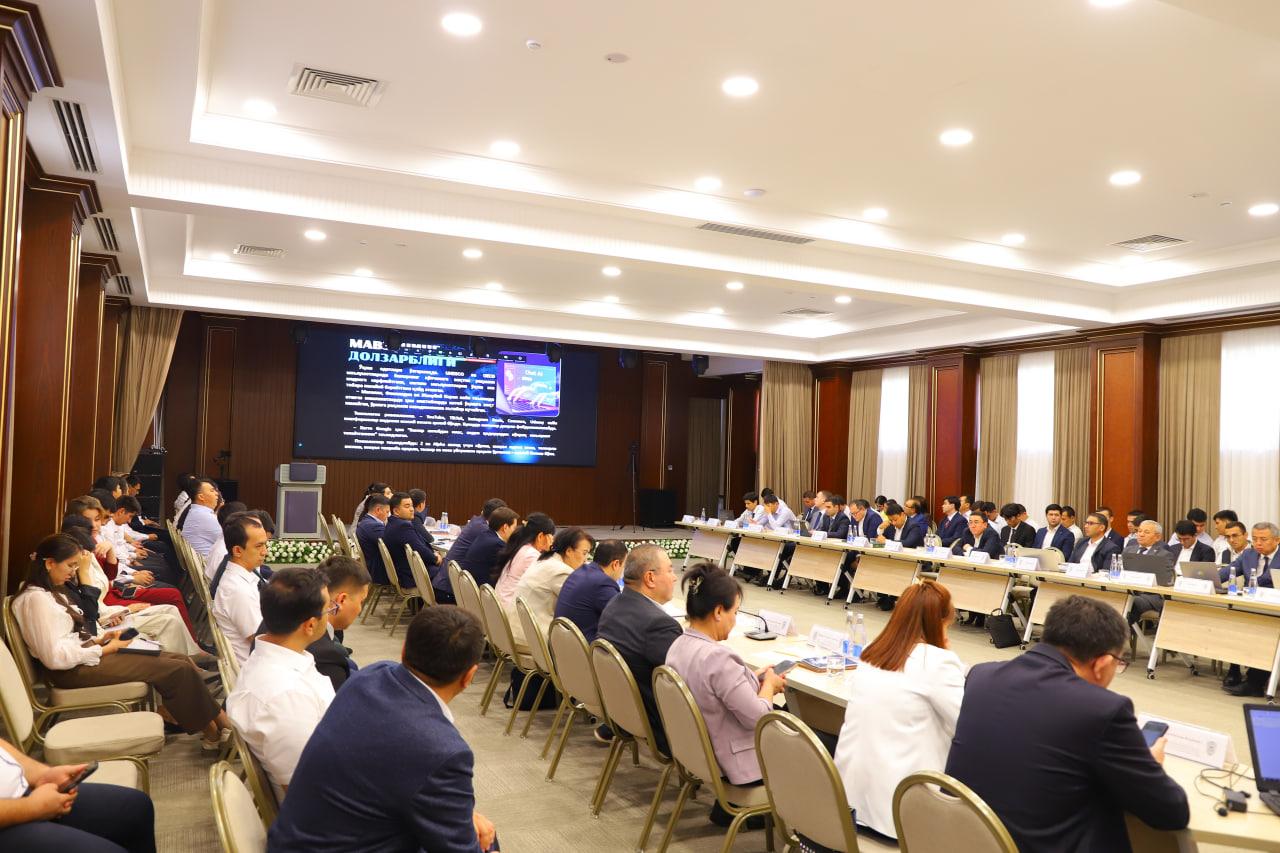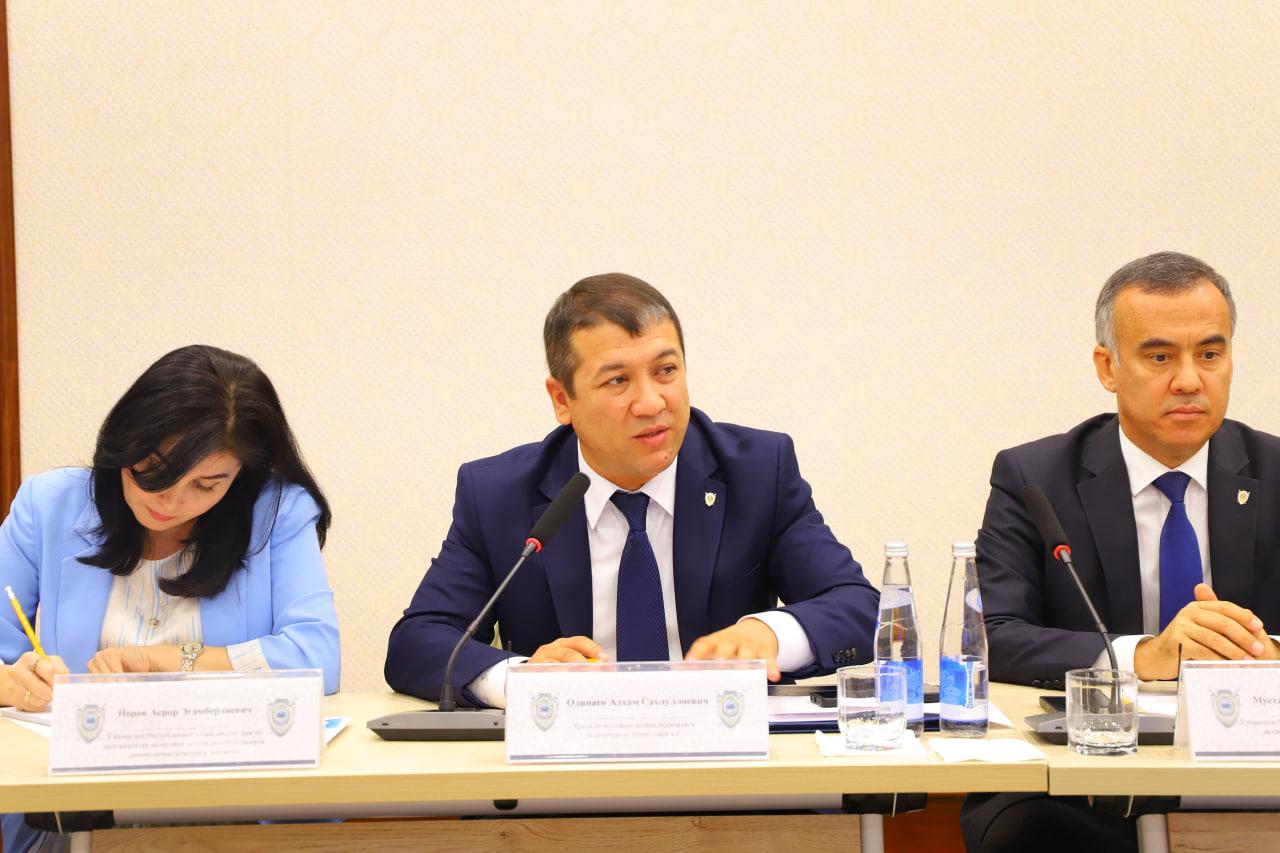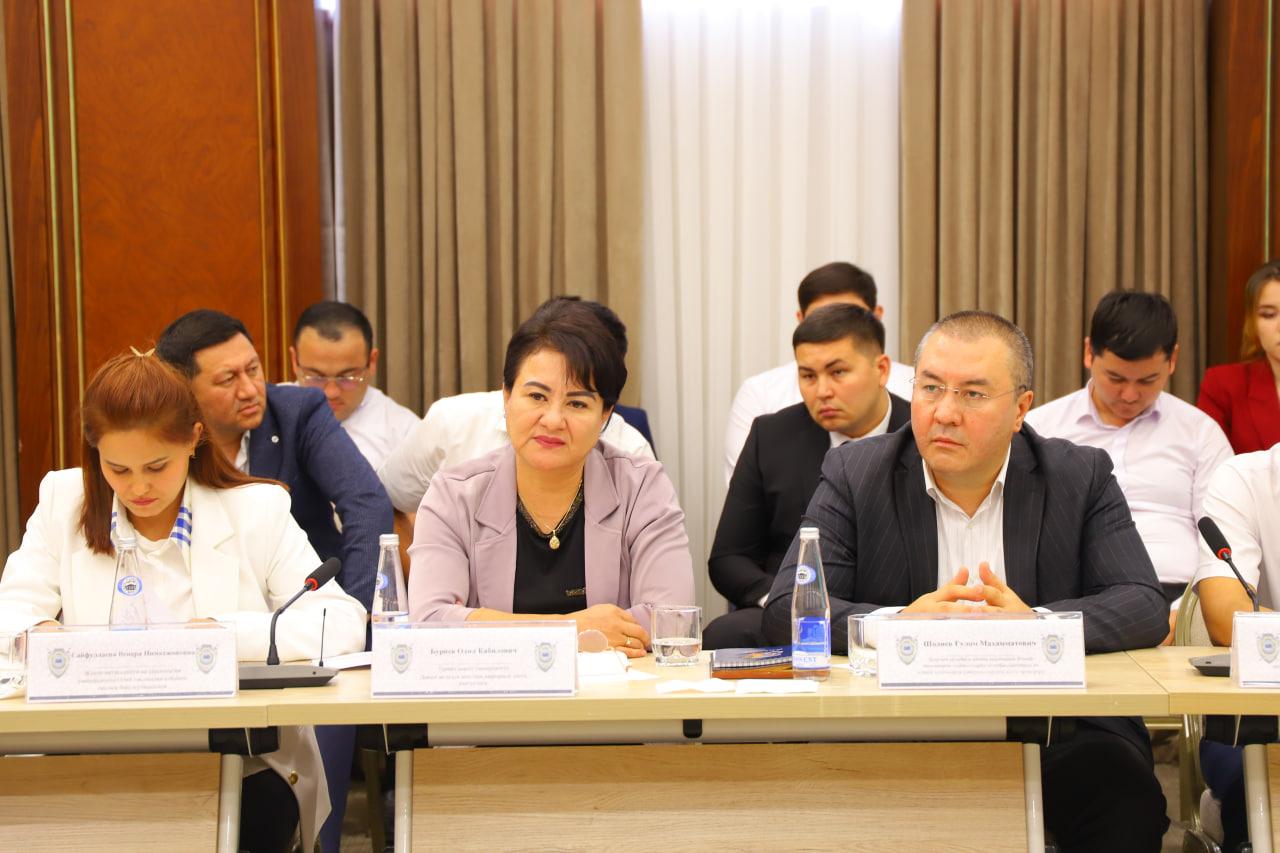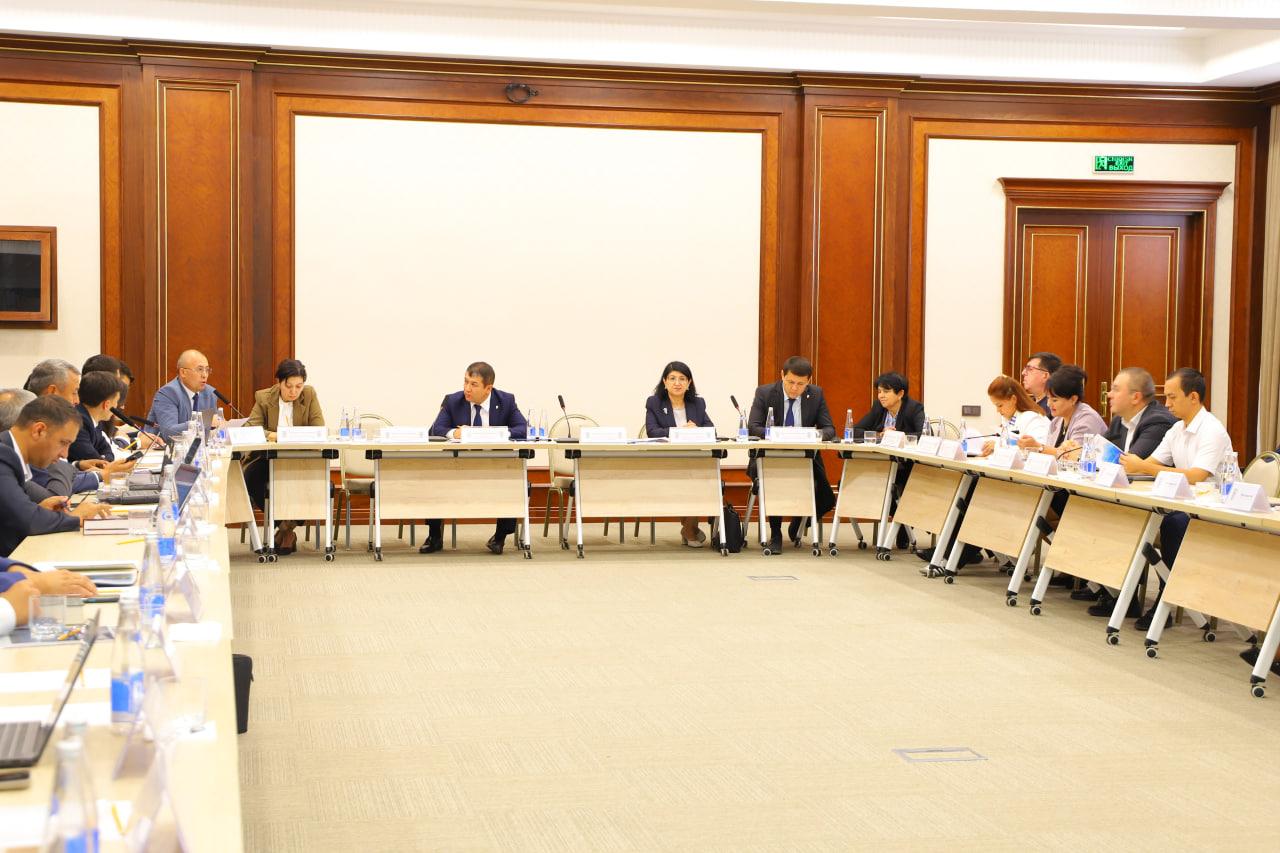A scientific-practical conference was held on the topic: “Prospects for the development of scientific research: Problems and solutions”.
At the Law Enforcement Academy of the Republic of Uzbekistan, a republican scientific-practical conference was held on the topic: “Prospects for the development of scientific research: Problems and solutions”.
The purpose of the conference was to discuss contemporary issues in the field of scientific research, to develop solutions and introduce innovative approaches, to strengthen international cooperation, and to enhance the effectiveness of scientific activity.
The conference was attended by representatives of about 30 state educational institutions and more than 100 legal scholars, including the director of the centre for experiments and development in Tampere (Finland), a specialist in Finnish education export, the faculty of the Academy, representatives of the Prosecutor General’s Office, the Academy of public administration and policy, the Ministry of higher education, science and innovation and the Higher Attestation Commission under the Ministry, the Agency for innovative development, the Institute of parliamentary studies, the Institute of legislation and legal policy, the Academy of justice, the National centre of the Republic of Uzbekistan for human rights, higher legal educational institutions, independent applicants, doctoral candidates, and master’s students.
At the conference, considerable attention was devoted to issues of improving the quality of training specialists in legal sciences, the digital transformation of legal science and research, the prospects of content generated through artificial intelligence, reforms and plans in the field of training scientific personnel, the problems and prospects of involving cadets in research activities, the role of young researchers in scientific processes, the importance of legal clinics in addressing the problems of at-risk youth, as well as existing challenges in conducting research.
The conference became an important platform for assessing the current state of scientific research in the field of law enforcement and for developing strategies for its further advancement. The analysis of scientific and educational aspects made it possible to identify priority areas for future development, which gave the event a dynamic and substantive atmosphere.
As a result of the conference, participants agreed to pursue mutually beneficial cooperation in the development of scientific research, especially in the legal field, in addressing issues of law enforcement practice, and in exchanging scientific and practical experience.
Participants will also have the opportunity to submit their scientific articles and theses for publication in the conference proceedings.




